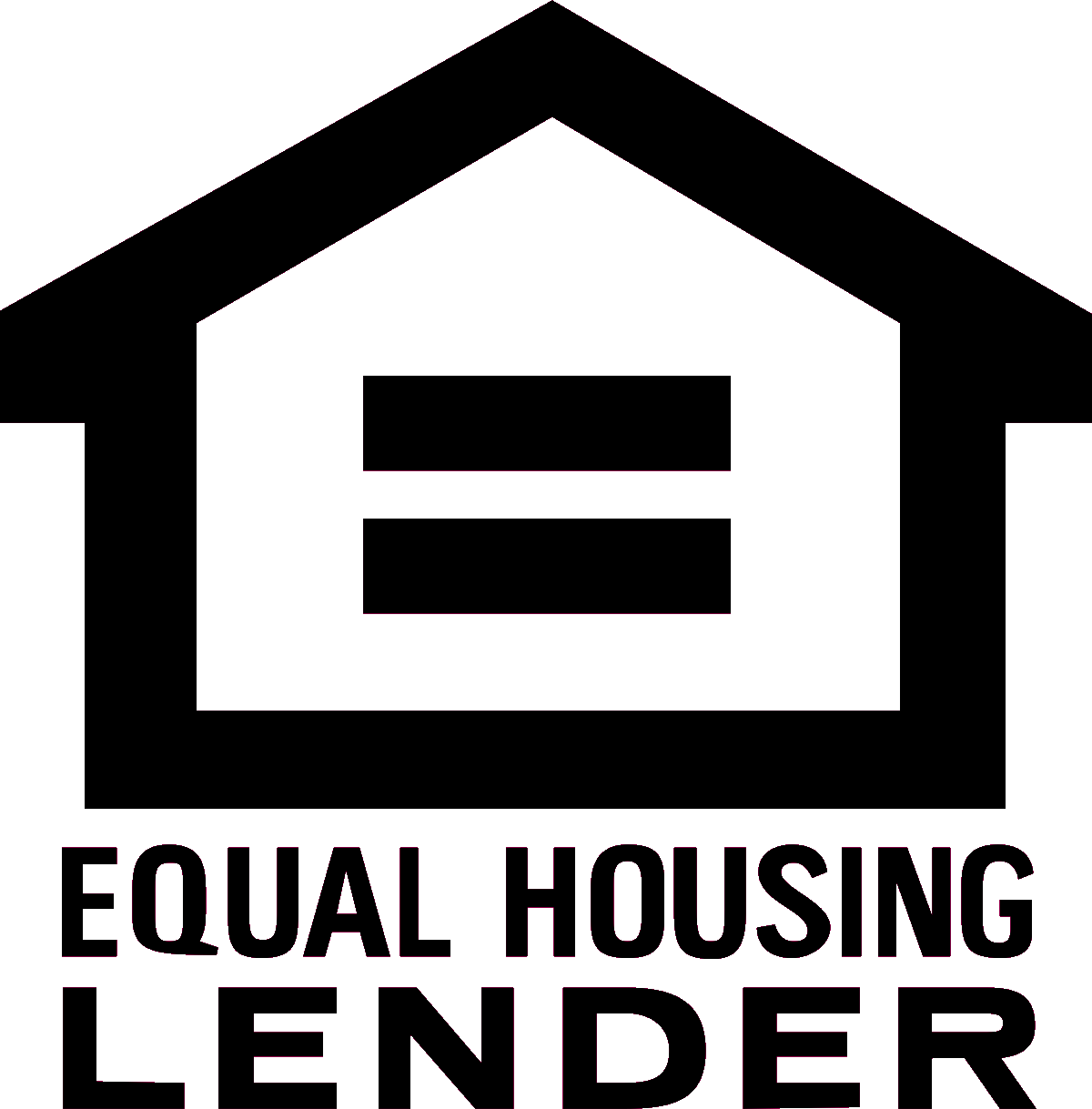Can I qualify for a mortgage if I previously lost my home?
 Return to Can I Qualify? library
Return to Can I Qualify? library
Bad things happen - unemployment, divorce, prolonged illness, or death of a spouse. In your financial life, these bad things can result in more bills than you can pay. In extreme situations you may be unable to make your mortgage payments and lose your home.
Mortgage lenders do not want to repossess homes. They are in business to lend money, not manage real estate. Thus, when someone loses a home due to foreclosure, short sale, or deed-in-lieu of foreclosure ("returning the keys"), prospective lenders are more cautious about extending new credit.
This caution manifests itself in waiting periods between the loss event and approval for a new mortgage. The length of the waiting period depends on the mortgage program and the your specific circumstances, but in addition to the elapsed time, lenders generally are looking for two things. First, they expect you to reestablish good credit. This can be difficult after losing a home, but check out our article, "You can recover from credit disasters" for suggestions. Second, lenders want to make sure that the situation that led to the loss is not likely to recur.
Some mortgage programs have provisions for extenuating circumstances that can shorten the required waiting period. As this is an exception to the standard loan guidelines, your lender will ask for your help to carefully document that the circumstances were beyond your control. Note that the inability to sell your home due to relocation is not considered a circumstance beyond your control. In addition, divorce generally is not considered a circumstance beyond your control with the exception of an ex-spouse defaulting on a home connected to the divorce settlement.
So, let's look at the required waiting period for each mortgage program.
- Conventional mortgage:
➢ Foreclosure: The waiting period is seven years from the completion date of the foreclosure. In case of extenuating circumstances, the lender may shorten the period to three years. However, the lender will require a minimum 10% down payment and will approve only a rate-and-term refinance (no cash out) or a primary residence purchase.
➢ Deed-in-lieu, Short Sale: The waiting period is four years from the completion date of the foreclosure. In case of extenuating circumstances, the lender may shorten the period to two years. (For a Freddie Mac loan, it's possible Freddie computer analysis will not require a waiting period in the case of a short sale.)
- FHA mortgage: The waiting period is three years from date of title transfer associated with the foreclosure, deed-in-lieu of foreclosure, or short sale. In case of extenuating circumstances, the lender waive the waiting period.
- VA mortgage: The waiting period is two years from the loss event. Note that if the home you lose has a VA loan, you may not have your full VA entitlement for a new loan.
- USDA mortgage: The waiting period is three years from the loss event.
- Non-conventional mortgage: Some newer mortgage products, called non-qualified mortgages, allow even shorter or no waiting periods after a loss event. The trade-offs are higher down payment requirements and higher interest rates, but there are no standard rules like there are for conventional loans. Your best chance for qualifying is to review your particular situation with a mortgage professional.








